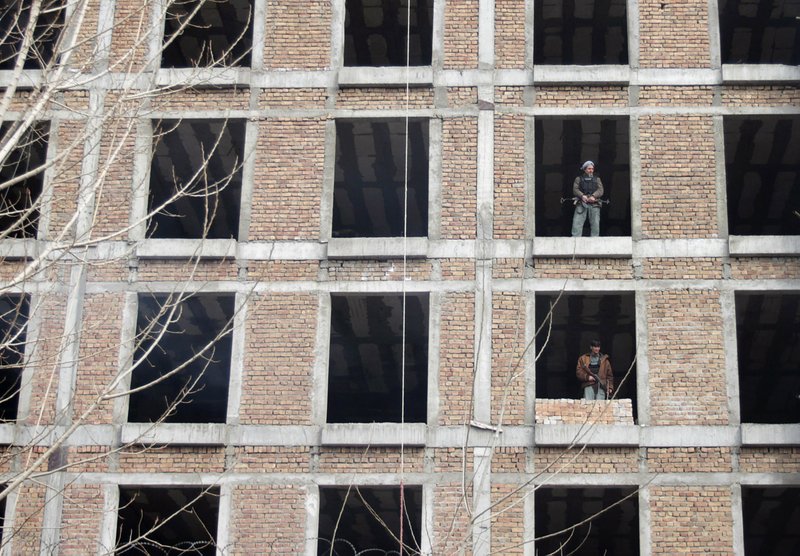KABUL, Afghanistan — Afghanistan’s president on Sunday ordered all U.S. special forces to leave a strategically important eastern province within two weeks because of allegations that Afghans working with them are torturing and abusing other Afghans.
The decision seems to have caught the coalition and U.S. Forces Afghanistan, a separate command, by surprise. Americans have frequently drawn anger from the Afghan public over issues ranging from Qurans burned at a U.S. base to allegations of civilian killings.
“We take all allegations of misconduct seriously and go to great lengths to determine the facts surrounding them,” the U.S. forces said in a statement.
Also Sunday, a series of attacks in eastern Afghanistan showed insurgents remain on the offensive even as U.S. and other international forces prepare to end their combat mission by the end of 2014.
Suicide bombers targeted Afghanistan’s intelligence agency and other security forces in four coordinated attacks in the heart of Kabul and outlying areas in a bloody reminder of the insurgency’s reach nearly 12 years into the war.
Presidential spokesman Aimal Faizi said the decision to order the American special forces to leave Wardak province was taken during a meeting of the National Security Council because of the alleged actions of Afghans who are considered linked to the U.S. special forces.
He said all special forces operations were to cease immediately in the restive province next to Kabul, which is viewed as a gateway to the capital and has been the focus of counterinsurgency efforts in recent years.
The Taliban have staged numerous attacks against U.S.-led coalition forces in the province. In August 2011, insurgents shot down a Chinook helicopter, killing 30 American troops, mostly elite Navy SEALs, in Wardak. The crash was the single deadliest loss for U.S. forces in the war.

